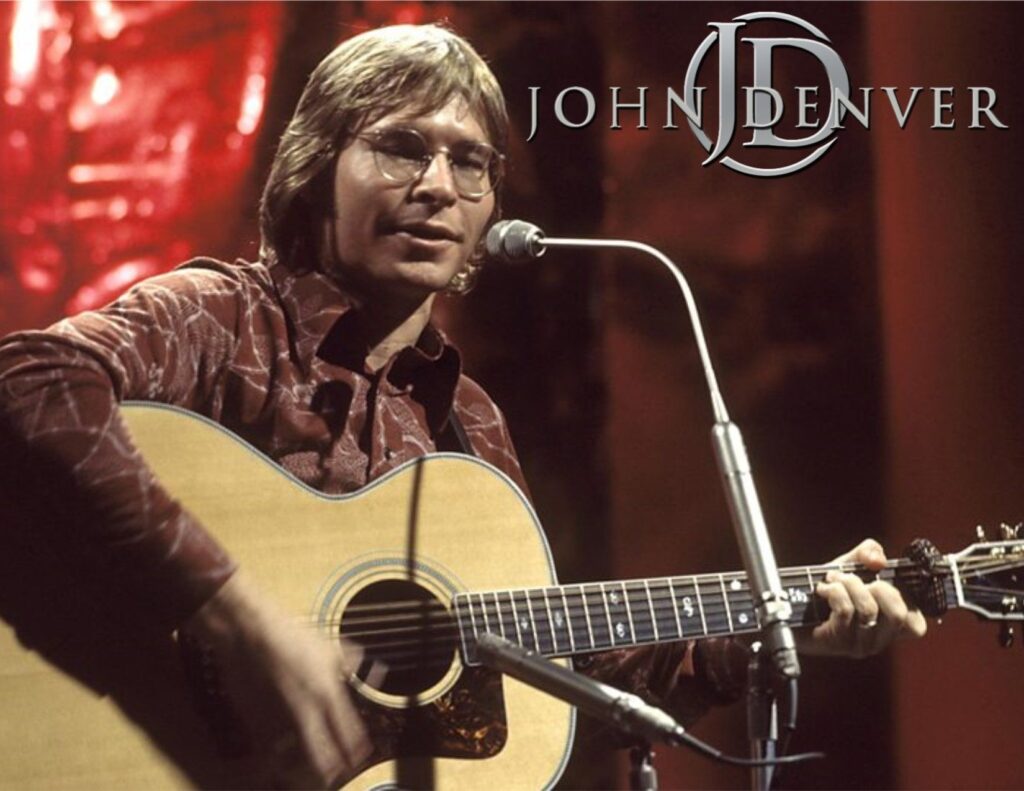
A Gentle Hymn to Vulnerability and the Quiet Strength of Love
When John Denver released “My Sweet Lady” as a single in 1977, the song climbed to No. 13 on the Billboard Hot 100 and No. 1 on the Adult Contemporary chart—a testament to its soft-spoken emotional pull during an era that often celebrated grandiosity. Originally featured on his 1971 album “Poems, Prayers & Promises,” the song gained renewed attention with its later release as a single, reaffirming Denver’s enduring resonance with listeners who yearned for something tender, sincere, and deeply human amid the noise of a changing musical landscape.
There is a quiet magic in “My Sweet Lady”—a lullaby not for sleep, but for safety; not for escape, but for arrival. Within its hushed chords and plaintive melody lies an intimate portrait of love stripped to its most essential form: trust. Denver wrote the song reportedly during an early chapter of his relationship with Annie Martell, who would become his wife. That emotional provenance lingers in every lyric—it’s not a performance, but a confession.
From the first breath of guitar arpeggios—delicate as sunlight on water—Denver crafts a space where vulnerability is not only allowed but honored. His voice, fragile yet steady, carries lines that hover between questioning and affirmation: “Would you go with me / If we rolled down highways together?” The phrasing is deliberate, almost hesitant, as if love is a tender animal he’s afraid might spook.
Unlike many love songs of its time that declared devotion with cinematic flair, “My Sweet Lady” finds its power in restraint. Its structure is simple: verse follows verse in a gentle tide, anchored by repetition not to dull emotion but to deepen it. Each chorus becomes less about persuasion and more about hope—that she sees what he sees; that she feels what he feels.
Lyrically, the song is an exploration of emotional surrender. It does not promise unshakable certainty or forever-after fairytales. Instead, it asks the listener—and presumably Annie—for presence: “Can’t you see how much I need you?” It is a question posed without expectation, yet drenched in longing. It reflects Denver’s gift for translating deep yearning into plainspoken grace, always walking the line between sentiment and sincerity without ever tipping into artifice.
Musically, the arrangement serves this tenderness rather than embellishes it. The acoustic guitar remains central—a signature of Denver’s folk-inspired approach—while subtle string sections brush against the edges like wind through pine. This understated orchestration places emotional intimacy front and center; there are no distractions from the heart of the message.
As with many works from “Poems, Prayers & Promises,” “My Sweet Lady” captures John Denver at his most authentic: a poet rooted in nature and simplicity, speaking directly from soul to soul. It endures not because it shouts, but because it listens—to the delicate tremble of new love and the brave act of asking someone to stay.